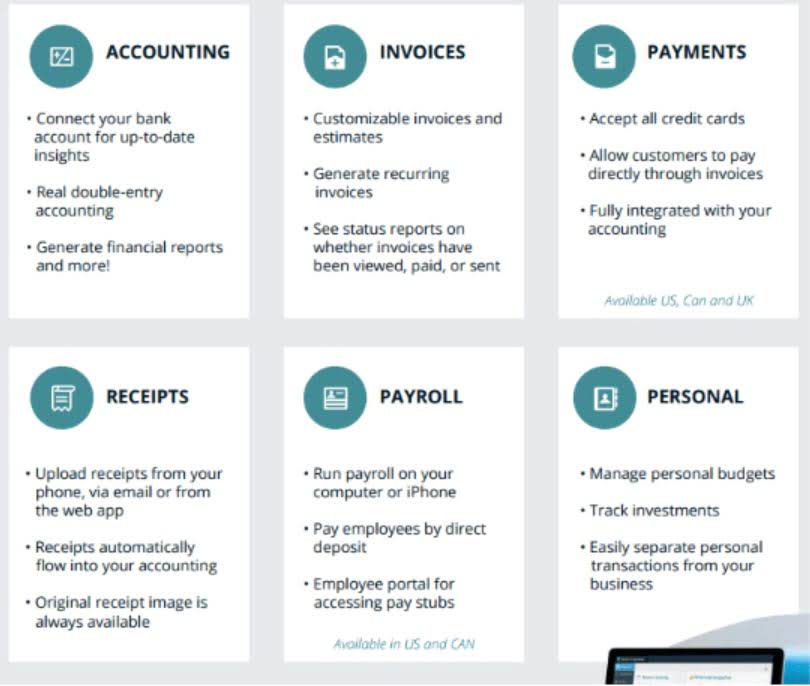
Payroll taxes must be deposited with the IRS in a timely manner. Most employers follow the monthly schedule, but some larger corporations are required to deposit taxes on a semiweekly basis. Part of an Affordable Care Act provision, the additional Medicare tax of 0.9% applies to employee wages above $200,000 (single filers) or $250,000 (joint filers). However, you’re responsible for withholding it, when applicable.
- The frequency of paying employees is driven by state requirements and an employer’s preferences.
- So, what’s the difference between payroll, human resources, and accounting?
- Accrued payroll liabilities are the amount a business owes for payroll expenses, including wages, payroll taxes, benefits, and other debts.
- For example, you’ll have payroll liabilities for wages you owe to employees and taxes withheld from their checks when you do pay them.
- Like the federal government, state and local governments also have payroll taxes, including state income taxes and state unemployment taxes (SUTA).
- For example, the IRS’s failure-to-file penalty is 5% of unpaid taxes for each month or part of a month that a tax return is late.
What are the benefits of using a payroll system?
- These documents verify the desired deductions and authorize the employer to withhold money from the employee’s pay.
- During that time period, if you reported taxes of $50,000 or less on Form 941, you’re a monthly depositor.
- Make sure to calculate pay correctly, including overtime pay for nonexempt employees and any paid time off.
- Because payroll has legal and financial implications, it’s wise for business owners to seek guidance from professionals who can advise them on their obligations and the laws they must comply with.
- As you might imagine, SUTA taxes vary considerably in each state, from as little in 1% in Iowa to as high as 3.689% in Pennsylvania.
- Business can get their SUTA (or SUI) account number by following their state requirements for registering as an employer in the jurisdiction.
Payroll taxes authorized under the Federal Insurance Contributions Act (FICA) are composed of two components. The Old-Age, Survivors, and Disability Insurance portion is taxed at a 6.2% rate on the amount up to an annual “wage base.” In 2023, that wage base is $160,200. The Hospital Insurance portion of employers responsibilities for payroll do not include: the tax is 1.45% on all wages. Payroll processing is complex, meaning you’re likely to struggle to stay on top of the process.

Guide: Next Level Accounting Services for Your Growing Business

Employers calculate payroll taxes using an employee’s gross or total wage earnings and various deductions to arrive at net or take-home pay. This seems simple enough on the surface, but calculating the deductions requires attention to detail and extreme accuracy. The best way to make sure that payroll taxes are withheld, accounted for, reported, and paid is to set gross vs net up a system that works automatically.
Statutory Payroll Tax Deductions
Note that no taxes are withheld on compensation paid to independent contractors. Payroll accounting includes payroll liabilities as well as payroll expenses. Every business has to record both using the accrual method of accounting. During that time period, if you reported taxes of $50,000 or less on Form 941, you’re a monthly depositor. In that case, taxes for payments made during a specific month are due by the 15th calendar day of the following month. If you reported taxes of more than $50,000 on Form 941 during the lookback period, you’re a semiweekly depositor.

Health Insurance and Retirement Plan Documentation

“Exempt” employees do not get overtime pay and are excluded from minimum wage requirements. Also, employers should avoid misclassifying exempt (salaried) and non-exempt (wage-based) employees. Any business that hires employees must have a federal tax ID number (known as an employer identification number, EIN) from the IRS. It must also obtain any required state or local tax ID numbers related to the jurisdictions where it will conduct payroll activities.
- So, if all of a business’s employees work in the company’s home state, it will pay SUI only to that state government.
- Employers calculate payroll taxes using an employee’s gross or total wage earnings and various deductions to arrive at net or take-home pay.
- Having a business, even a corporation, does not relieve company employees, executives, or owners from personal responsibility if payroll taxes are not paid.
- State income taxes vary considerably from state to state, but most states that have an income tax have a progressive income tax.
- Use payroll software to generate a payroll-liability balance report each time you process payroll.
- An employer with a FUTA tax liability of less than $500 in a quarter may carry its deposit over to the next quarter.
- If your business is a corporation, the personal responsibility is usually given to a top executive, who has the job of making sure payments and reports are sent on time.
Some states have frequency requirements for when employers must pay their employees. Businesses must pay attention to those laws when determining their pay period and payroll schedule. Businesses must handle payroll correctly because it impacts their net income and can result in additional fines, fees, and penalties if not managed according to federal, state, and local rules. Because payroll has legal and financial implications, it’s wise for business owners to seek guidance from professionals who can advise them on their obligations and the laws they must comply with. Since 2013, an additional Medicare tax of 0.9% has been applied to unmarried employees who file an individual tax return and whose Medicare Food Truck Accounting wages exceed $200,000. The additional Medicare tax applies to income over $250,000 for married taxpayers who file a joint return and to income over $125,000 for married couples who file separate returns.




Leave Your Comment